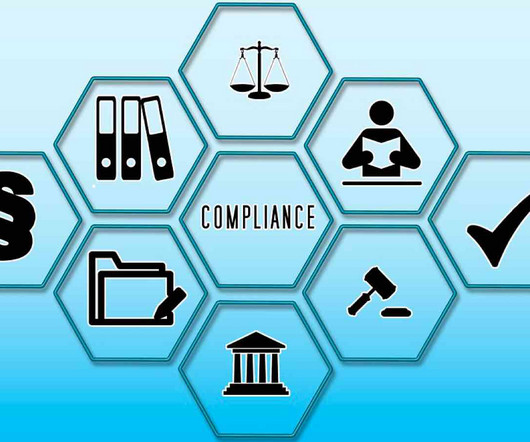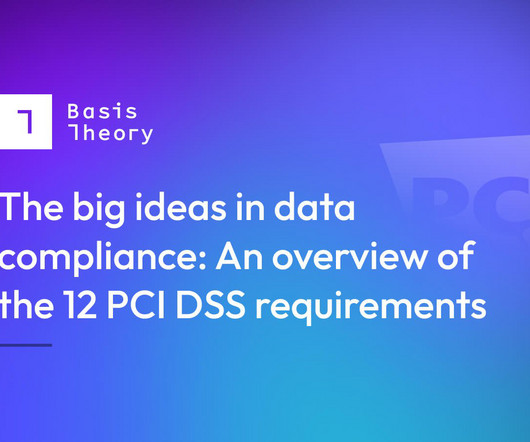Restaurant Credit Card Surcharges: Legalities & Best Practices
EBizCharge
JUNE 26, 2025
Restaurant owners operate on thin margins, and credit card processing fees can quietly eat into profits. In response, many are looking at surcharging as a way to offset those costs. This article will explore the legal landscape and best practices for surcharging in the restaurant industry. EBizCharge can help.












Let's personalize your content